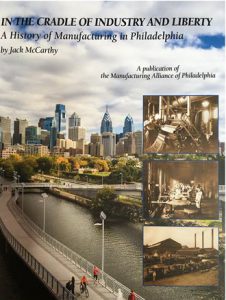The Encyclopedia of Greater Philadelphia will play a small role in this year’s FringeArts Festival with publication of our “City of Brotherly Love” theme essay, by Chris Satullo, in a commemorative booklet for the production 100% Philadelphia. As described by FringeArts:
Join us at the 2014 Fringe Festival for an unforgettable experience that’s part-theater, part-data analysis — and 100 percent Philadelphia. Developed in collaboration with FringeArts, German artist collective Rimini Protokoll’s 100% Philadelphia will bring 100 carefully selected Philadelphia citizens (non-actors) onstage to represent the city’s population of 1.5 million and our unique demographic imprint: More than 40 cast members will be African-American, half will be women, approximately 20 will be children — and that’s just the beginning. At times funny, uplifting and strikingly dramatic, 100% Philadelphia is always enlightening, a mirror of ourselves that will forever change the way we see our friends, neighbors, and strangers on the street.
For more information about the production and to buy tickets, visit the event website at Fringe Arts.


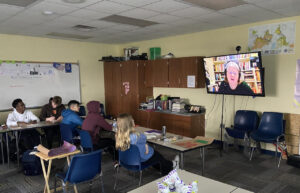
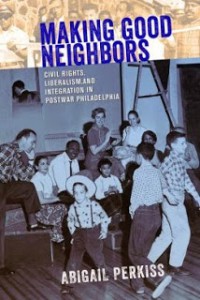
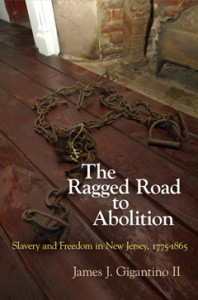
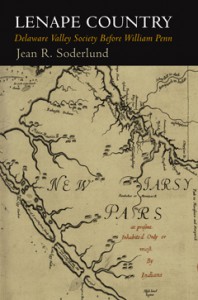 In 1631, when the Dutch tried to develop plantation agriculture in the Delaware Valley, the Lenape Indians destroyed the colony of Swanendael and killed its residents. The Natives and Dutch quickly negotiated peace, avoiding an extended war through diplomacy and trade. The Lenapes preserved their political sovereignty for the next fifty years as Dutch, Swedish, Finnish, and English colonists settled the Delaware Valley. The European outposts did not approach the size and strength of those in Virginia, New England, and New Netherland. Even after thousands of Quakers arrived in West New Jersey and Pennsylvania in the late 1670s and ’80s, the region successfully avoided war for another seventy-five years.
In 1631, when the Dutch tried to develop plantation agriculture in the Delaware Valley, the Lenape Indians destroyed the colony of Swanendael and killed its residents. The Natives and Dutch quickly negotiated peace, avoiding an extended war through diplomacy and trade. The Lenapes preserved their political sovereignty for the next fifty years as Dutch, Swedish, Finnish, and English colonists settled the Delaware Valley. The European outposts did not approach the size and strength of those in Virginia, New England, and New Netherland. Even after thousands of Quakers arrived in West New Jersey and Pennsylvania in the late 1670s and ’80s, the region successfully avoided war for another seventy-five years.